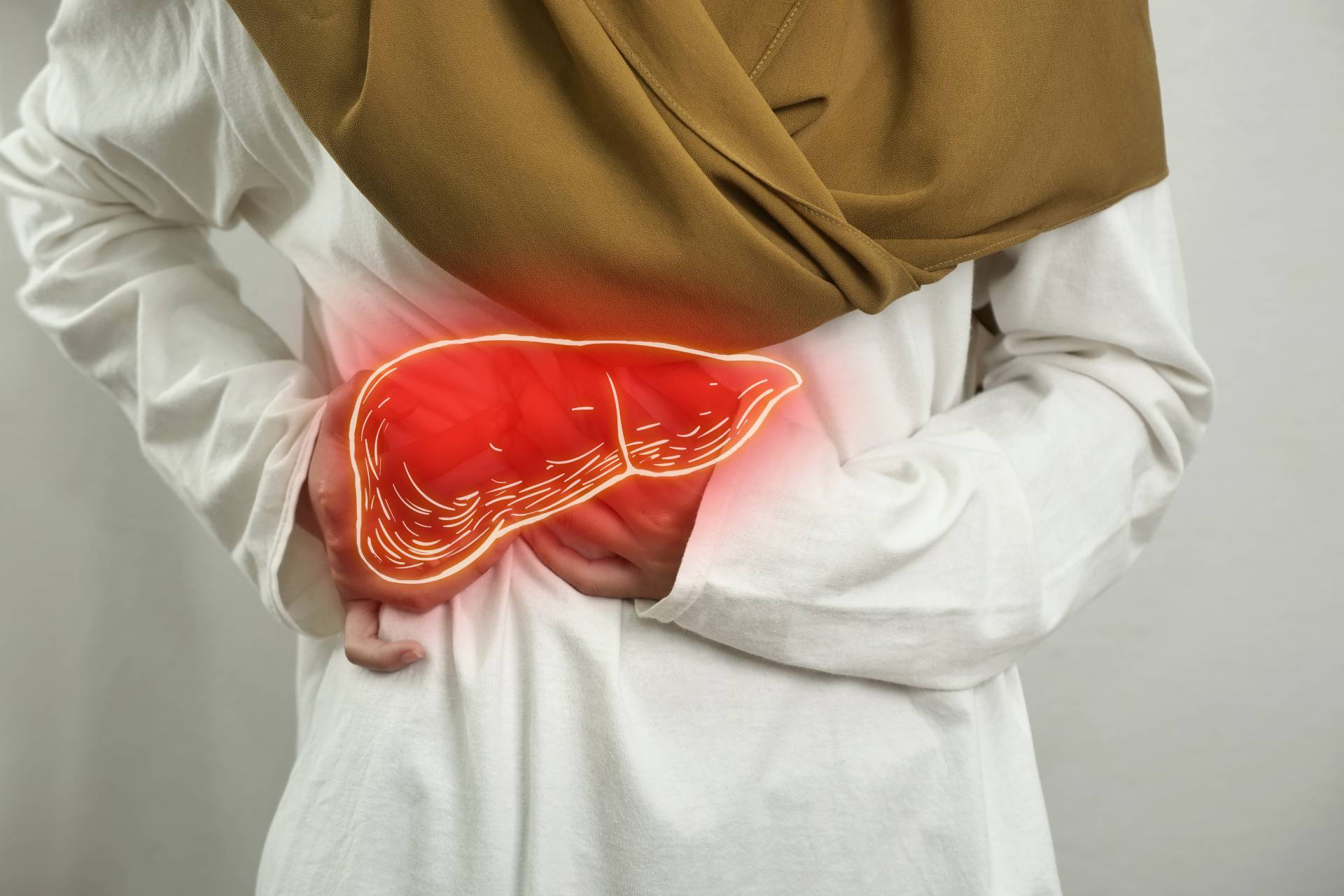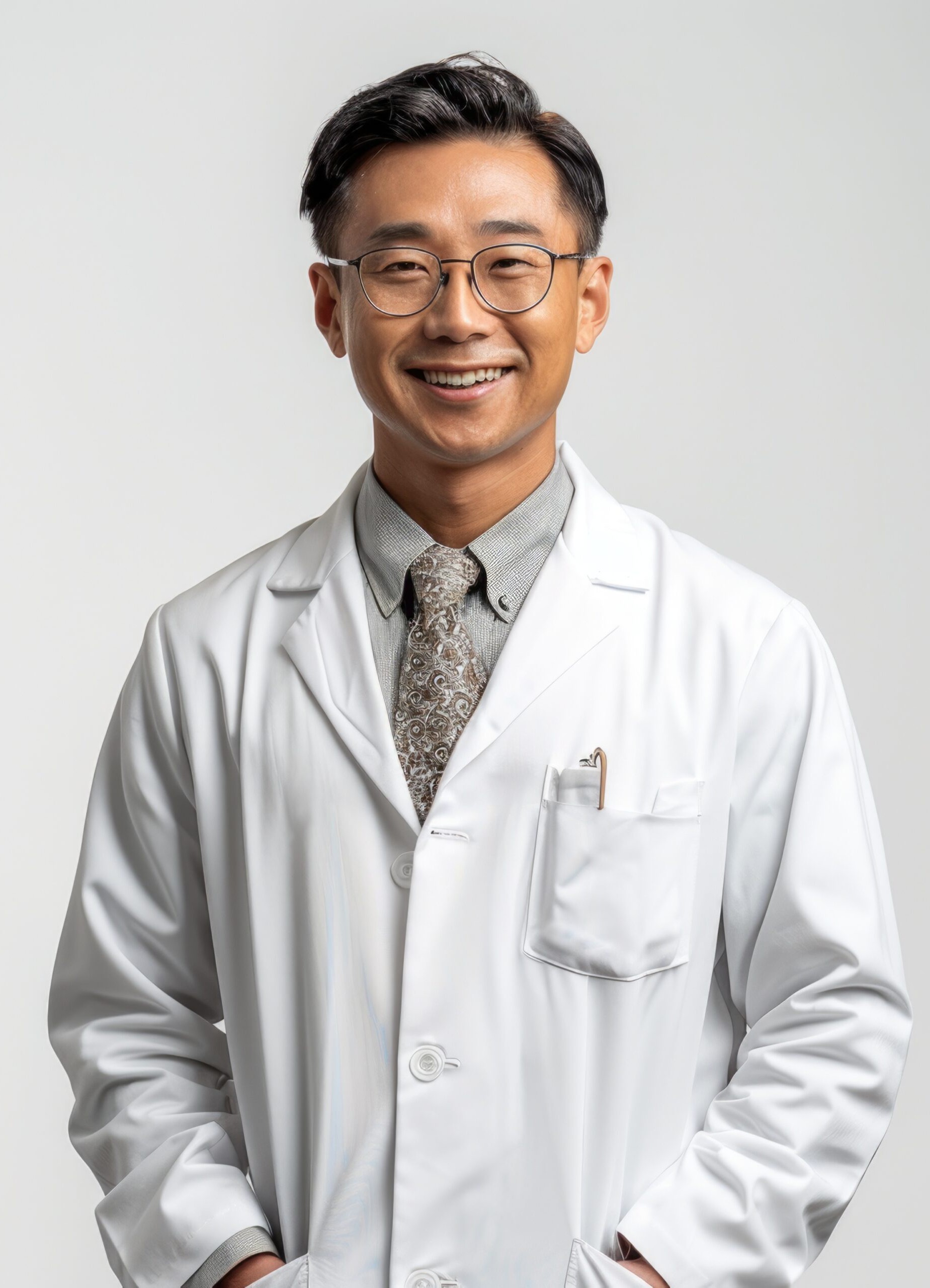Flexible Sigmoidoscopy in Louisiana
What is a flexible sigmoidoscopy?
A flexible sigmoidoscopy is an endoscopic exam during which a thin, long, flexible tube, or “scope,” is positioned into the rectum and advanced throughout the lower third of the large intestine. Therefore, this exam is somewhat limited in that the entirety of the colon will not be seen. The scope has a light and a camera on the end of it which enables the doctor to examine the colon’s lining. A sigmoidoscopy could be performed to:
- Bleeding from the rectum
- Abnormal x-ray outcomes
- Diagnose the origin of GI symptoms including but not limited to:
- Abdominal pain
- Diarrhea
- To screen for colon cancer and polyps.
Our skilled providers routinely perform flexible sigmoidoscopies for Louisiana patients. If you are dealing with any painful symptoms related to your gastrointestinal tract like those listed above, connect with GastroGroup & Endocenter to receive help in deciding if a flexible sigmoidoscopy might benefit you.

What should I expect the day before my flexible sigmoidoscopy?
You will receive directions from your doctor regarding the indicated bowel preparation to get you ready for the procedure. Most individuals will be on clear liquids the day before the procedure. There are several types of laxatives to cleanse the colon. It is imperative that you adhere to the instructions provided to you by your GastroGroup & Endocenter gastroenterologist. In addition, there will be instructions pertaining to any medicine you are currently taking. In most cases, any medications can be taken as usual. However, in some cases, especially in people on blood thinners (i.e. Plavix®, Coumadin®, warfarin, aspirin, anti-inflammatories) and in those with diabetes, individual instruction will be given. You will be told not to take anything orally after midnight with the exception of medications.
What should I expect on the day of my flexible sigmoidoscopy?
You will be instructed to arrive at the endoscopy center 1 to 1.5 hours prior to your flexible sigmoidoscopy. This is to allow you time to fill out all forms and prep for the exam. You will be directed to put on a medical gown. You might be connected to equipment that will allow the staff and provider to watch your heart rate, blood pressure, pulse, electrocardiogram, breathing, and oxygen level during and after the procedure.
Once in the exam room, you will be instructed to lie on your left side on the bed. The physician will perform a rectal exam. The sigmoidoscope will then be gently inserted just inside the rectum. The scope will be slowly advanced through the sigmoid colon. A small amount of air is injected by way of the scope into the colon to assist in the physician’s visualization. Any liquid remaining in the colon after the preparation can be washed and removed through the scope. The findings during the test can determine if a number of procedures should be completed including biopsies, removal of polyps, and control of bleeding. At the end of the procedure, as much of the air and remaining fluid as possible is suctioned out of the colon by way of the scope. Depending on the findings, the exam usually takes 5 – 15 minutes.
Since anesthesia is not usually required, after the procedure the patient is released from the endoscopy unit. You will be able to perform your normal activities as well as drive. Most individuals are able to eat and drink normally following their release from the endoscopy unit, however, specific guidelines related to eating, medication, and activities will be given to you before discharge. After the exam, the nurse and/or doctor will go over the results of the procedure with you. You will also be sent home with a typed report. The patient will be alerted of any biopsy results in 7 days or less.
Are there risks with a flexible sigmoidoscopy?
In most cases, sigmoidoscopy is a safe procedure. Overall, negative side effects are experienced in fewer than 1% of cases. Most complications are not life-threatening. But, in the event of a complication, it could require hospitalization and surgery. In advance of the procedure, a consent form will be discussed with the patient by the staff. If any questions or concerns come up, these should be brought up and explained by your specialist before the procedure.
Bleeding might occur with the removal of polyps and biopsies. Again, significant bleeding which could require hospitalization or a blood transfusion is extremely unusual. However, bleeding can occur at the time of the exam or up to two weeks post-procedure if a polyp is removed.
Perforation or puncture of the large intestine can occur. This may be realized during the procedure, or it might not become obvious until a short time later. In most cases, a perforation will necessitate surgery and hospitalization. This is an unusual complication, even when polyps are excised. It is highly important that the patient contact the physician’s office immediately if symptoms become present following the exam such as increasing pain in the abdomen, bleeding, or fever.
Just like any other procedure, a sigmoidoscopy is not flawless. There remains a small, recognized chance that abnormalities including polyps and cancers can be overlooked at the time of the exam. It is of the utmost importance to continue to maintain check-ups with your physicians as advised and make them aware of any new or ongoing symptoms. Please speak with your GastroGroup & Endocenter physician if you have any questions or concerns.
Are there alternatives to a flexible sigmoidoscopy?
In most cases, the alternatives to this exam will be dependent upon the cause of needing to undergo the sigmoidoscopy in the first place. There are several x-rays that are able to look at the colon including a virtual CT scan or a barium enema. These methods are however only diagnostic exams. Treatment of any suspected anomalies will call for sigmoidoscopy, colonoscopy, or surgery. To learn more in regard to flexible sigmoidoscopy in Louisiana or to discuss any alternatives for diagnosis and treatment of your problem, we urge you to contact our GI team.
Flexible Sigmoidoscopy FAQs
How accurate is flexible sigmoidoscopy in detecting colon problems?
Flexible sigmoidoscopy is a valuable diagnostic method for identifying conditions like polyps, cancers, and inflammatory bowel disease in the lower colon and rectum. However, it does not evaluate the upper portion of the colon, so issues there may go unnoticed with this procedure. For a comprehensive assessment of the entire colon, a colonoscopy may be advised.
How often should I have a flexible sigmoidoscopy for colon cancer screening?
The recommended frequency of flexible sigmoidoscopy for colon cancer screening can differ depending on individual risk factors, including age, family history of colon cancer, and personal health history. Typically, for those at average risk, it is suggested to undergo flexible sigmoidoscopy every 5 – 10 years, beginning at age 45. Nonetheless, your healthcare provider will tailor recommendations to suit your unique health profile.
What should I do if I experience symptoms after a flexible sigmoidoscopy?
Following a flexible sigmoidoscopy, mild symptoms like bloating or gas are common. However, if you experience more severe issues such as persistent pain, heavy bleeding, or fever, it’s crucial to contact your healthcare provider right away. These symptoms may suggest complications like perforation or significant irritation, which need immediate medical intervention.

